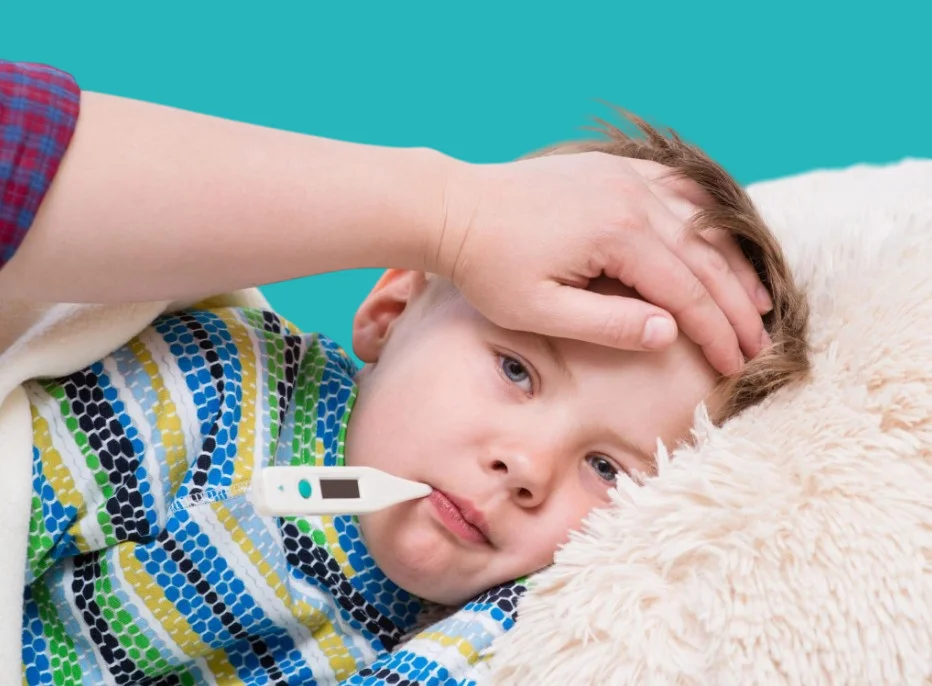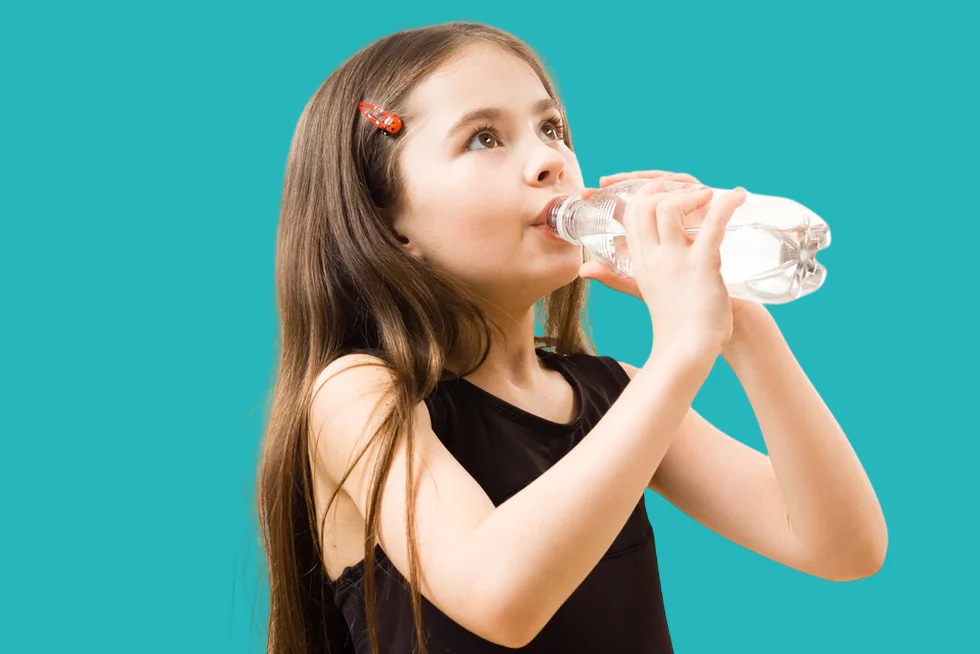Gastroenteritis in children is a digestive system disorder that children experience, especially in the early stages of life. It causes diarrhea, vomiting, and abdominal pain.
This condition occurs as a result of a viral or bacterial infection, which may be transmitted through contaminated water or food and may lead to serious complications such as dehydration.
In some cases, the condition may be mild and the child can be treated with home treatment and fluid replacement. Other cases require medical intervention to avoid potential complications.
What are the causes of gastroenteritis in children
Gastroenteritis in children occurs for several reasons, including:
- A child being infected with a parasitic infection.
- A child being infected with a bacterial infection.
- Poor personal hygiene.
- A child being infected with a viral infection.
- Eating contaminated or undercooked food.
Symptoms of Gastroenteritis in Children

Symptoms of gastroenteritis in children appear shortly after infection and vary in severity from one child to another. They are as follows:
- Diarrhea.
- Abdominal pain.
- Vomiting and nausea.
- Loss of appetite.
- General fatigue in the child.
- High fever in the child.
Possible complications of gastroenteritis in children
Most cases of gastroenteritis in children are mild, but neglecting diagnosis and treatment can lead to serious complications such as:
- Dehydration.
- Chronic intestinal inflammation.
- Weight loss and malnutrition.
- Salt imbalance in the body.
Methods for diagnosing gastroenteritis in children
Diagnosing gastroenteritis in children is primarily based on the symptoms. The doctor will ask about the number of times the child has had diarrhea and vomiting.
The doctor will then assess the degree of dehydration and may request a stool analysis to determine the type of infection causing the illness, as well as other laboratory tests to determine the appropriate treatment for the child.
Preventing Gastroenteritis in Children
To prevent gastroenteritis in children, it is recommended to follow the following measures:
- Avoid drinking contaminated water.
- Maintain personal hygiene.
- Get your child vaccinated against rotavirus.
- Clean and cook food thoroughly before eating.
- Breastfeed your child to strengthen their immunity.
How to treat gastroenteritis in children at home

A child can be treated for gastroenteritis at home by:
- Providing appropriate nutrition.
- Breastfeeding.
- Providing complete rest.
- Continuously replenishing fluids.
- Avoid giving your child medication without consulting a doctor.
Methods of treating gastroenteritis in children
There are various methods for treating gastroenteritis in children, depending on the severity of the child's condition, age, the type of pathogen, replacing lost fluids, and reducing symptoms.
The doctor may prescribe some antipyretics, antiemetics, and antibiotics if the infection is bacterial. In severe cases, the child may need intravenous fluid replacement.
What is the appropriate diet for a child with gastroenteritis
Proper nutrition for a child with gastroenteritis helps speed recovery and prevent dehydration. Therefore, it is preferable for the food to contain:
- Rice.
- Ripened bananas.
- Vegetable soup or chicken broth.
- Boiled or mashed potatoes, apples, or carrots.
Foods to Avoid When a Child Has Gastroenteritis
There are some foods that increase diarrhea, delay recovery, and upset the child's stomach. Therefore, it is preferable to avoid them, such as:
- Legumes.
- Fatty foods.
- Spicy and spicy foods.
- Sugars and soda.
- Full-fat dairy products.
Article Summary
Gastroenteritis in children is a common disease, especially among young children, and may result from a bacterial or viral infection.
Symptoms appear quickly in children, including vomiting, diarrhea, abdominal pain, loss of appetite, and fever. The condition can be treated at home.
This can be achieved by ensuring the child's comfort, replacing lost fluids, and providing appropriate nutrition. However, a doctor should be consulted to avoid any serious complications.